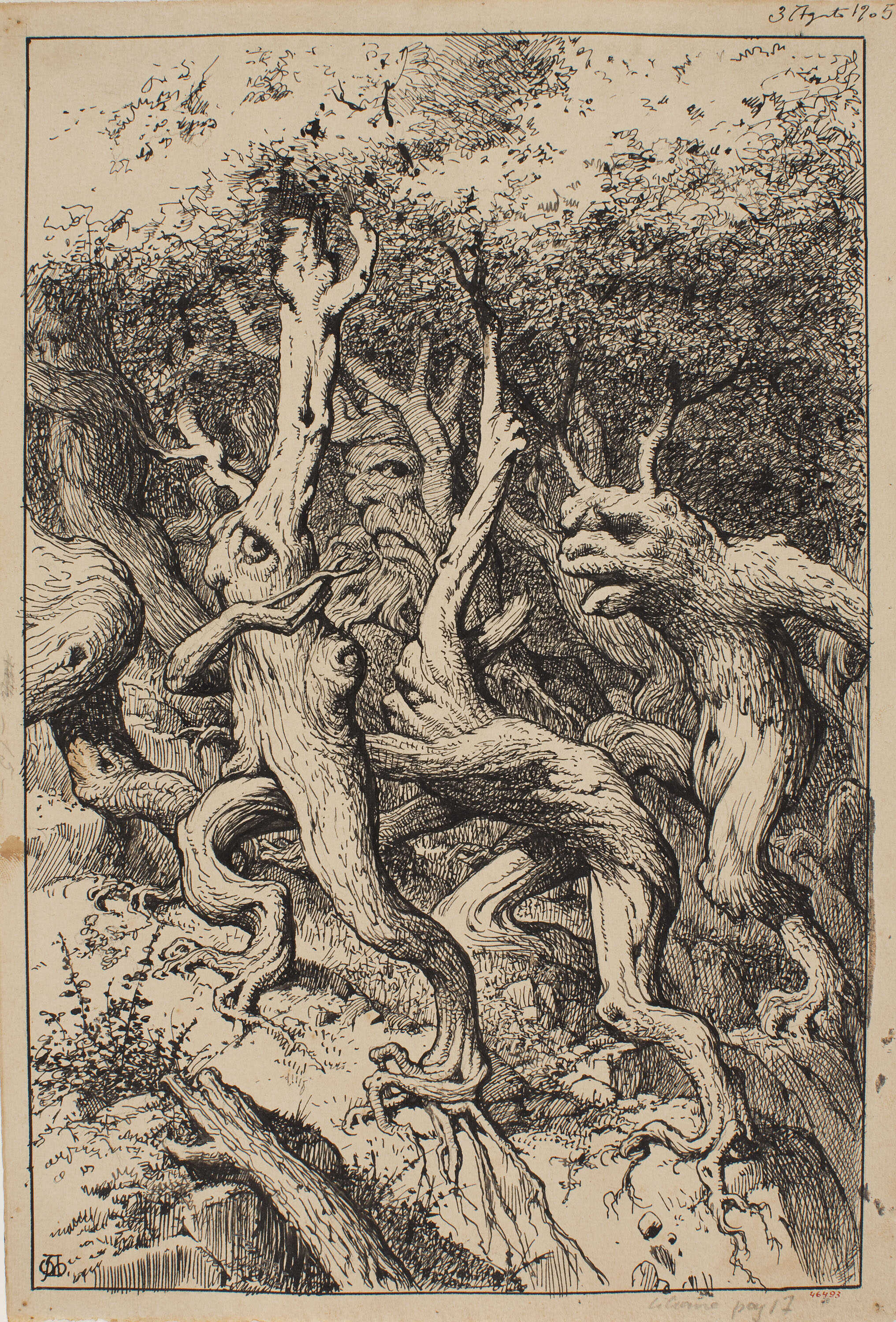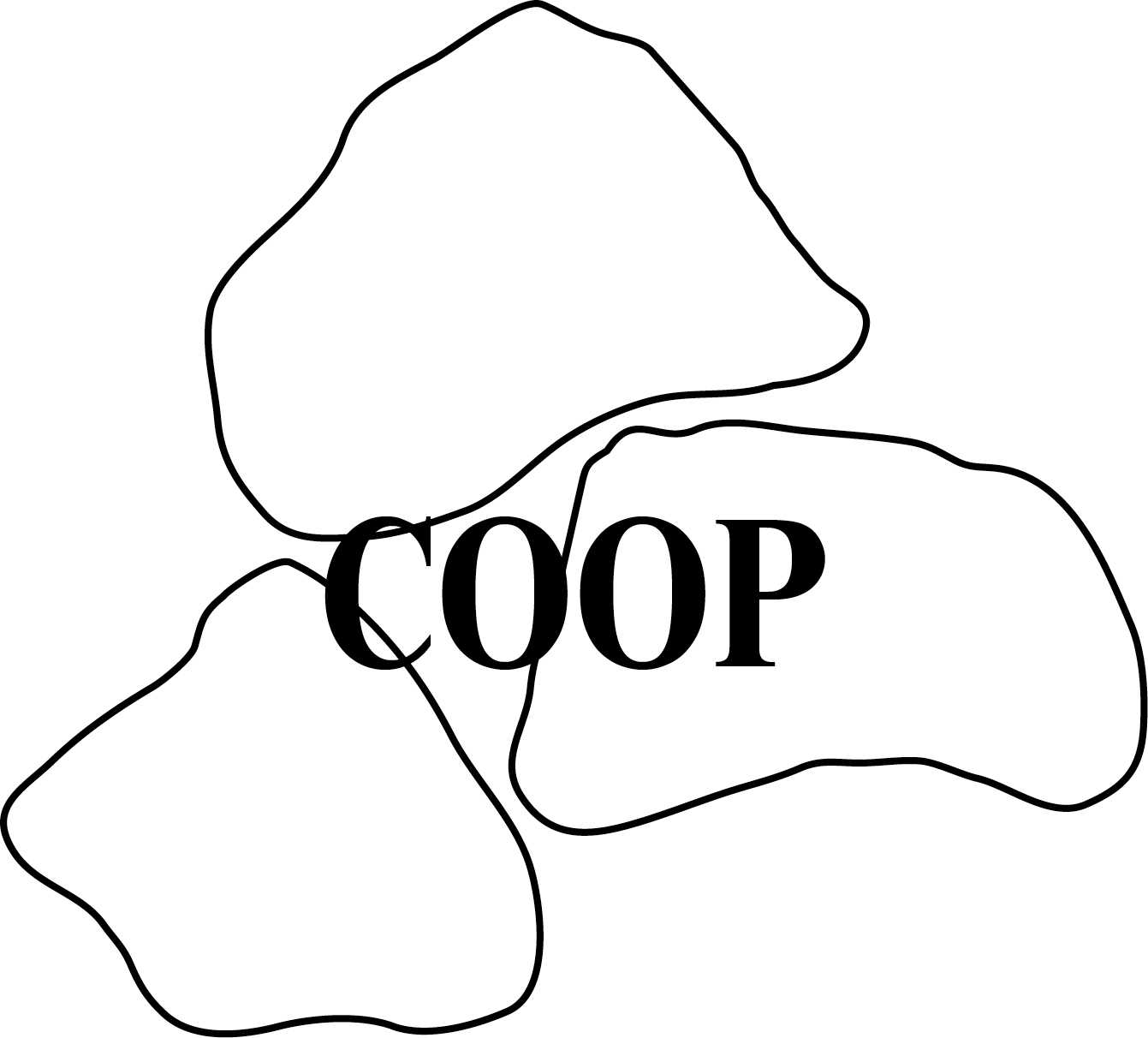2023-2024 COOP study group ~ FOREST IS LONG-TERM
Tutor team:
Guests:
Partner Institution:
Student participants:
Alkmini Gkousiari, Alva Roselius, Bel McLaughlin, Clara Rudin Smith, Daniël van der Giessen, Evija Kristopane, Gabriel Acevedo, Ian Nolan, Savva Dudin, Tereza Dvořáková, Tomer Fruchter
Student led reflection:
Program:
Introduction to the program:
Once we have seen how simplification, legibility, and manipulation operate in forest management, we can then explore how the modern state applies a similar lens to urban planning, rural settlement, land administration, and agriculture.
Seeing Like a State, How Certain Schemes to Improve the Human Condition Have Failed, James C. Scott, Yale University Press, New Haven and London, 1998.
To consider the forest over a long period of time, one needs to re-assemble all of the interests, processes and causalities that shape the futurity of this environment. The focus of this study group is to reflect on the agency of cultural practices in the development of long-term imagination.
In the forest's diverse environment, the atlas of every part in its long-term cyclical timeline unfolds. The non-linear stratigraphy of processes is intertwined with human interests, such as extraction, but also recreational and interests in caring for a non-human biodiversity. The study group will traverse the forest together to include industrial zones while discussing the geographies and complexities of infrastructural space to trace human practices — one of the most active forces responsible for shaping current materialities and futurity on a geological scale.
FOREST IS LONG-TERM will reflect on the history of ideas behind extractivist practices and forest science that, since the 18th Century in Europe, schematised the forest to see it as a quantifiable resource. Through inquiries into processes that are inscribed into the geographies of woodland landscapes, their typologies, forest sciences and research establishments, this study group will trace the ways in which the timber industries formed and form environmental relationships, architecture and state planning by utilising waterways and reshaping landscapes, by planting monoculture plantations – the forests as well as the societies around them – resulting in limited and simplified ways to discuss and experience the environment.
This COOP will analyse how this practice continues and has influenced current terminologies, policies and instruments developed in the European Union Environmental Policy and the projected role of cultural practices in relation to concepts such as Environmental Citizenship and Ecosystem Services that underpin sustainability practices of the monetisation of biodiversity and carbon offsetting. In a forest environment, sustainability today means the industrial practice of cyclically extracting timber through the cultivation of monoculture plantations, akin to practices of industrialised agriculture in which the forest as a space and as a habitat with its full complexity disappears and is replaced by the forest as an economic resource to be managed efficiently and profitably.
This study group will aim to reassemble the idea of the forest through conversations with cultural practices that are propositional in forming environmental and techno-socio-political relationships and concerned with the balance between extractivist and biodiversity conservation practices. Tracing material flows, relating the scale of wide geographies with materialities and bio-processes at micro scale, reflecting on the forces that are actively shaping the present and will continue to influence what comes next, will form the basis for the collaborative work of this COOP.



